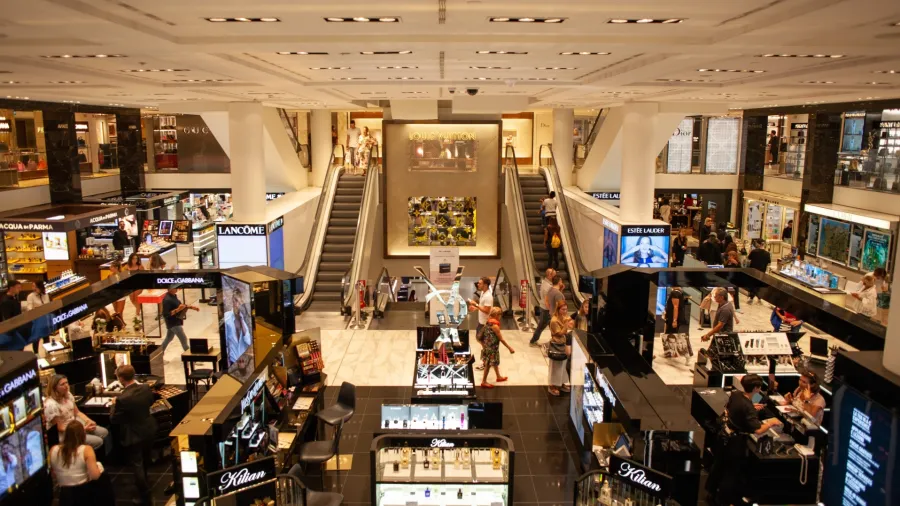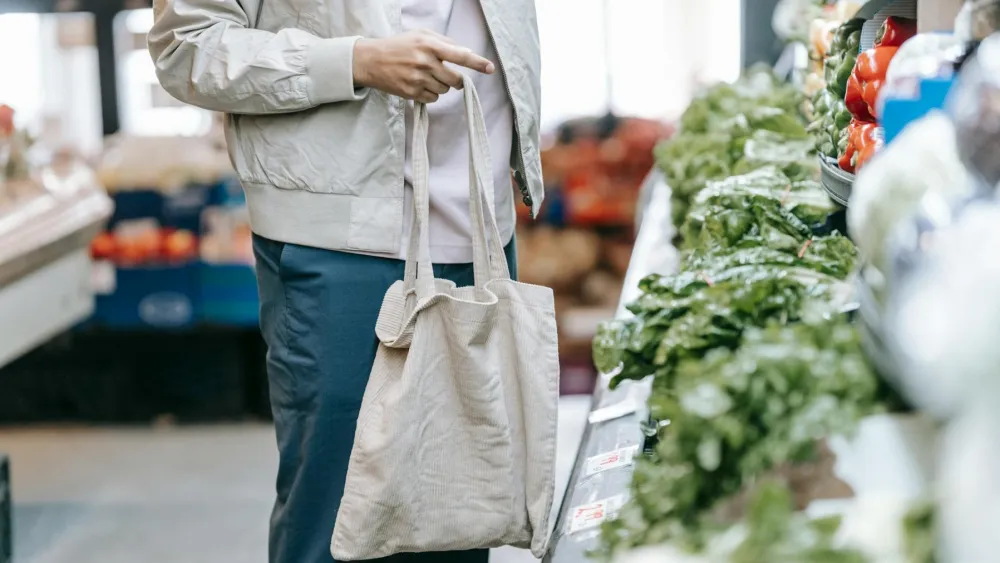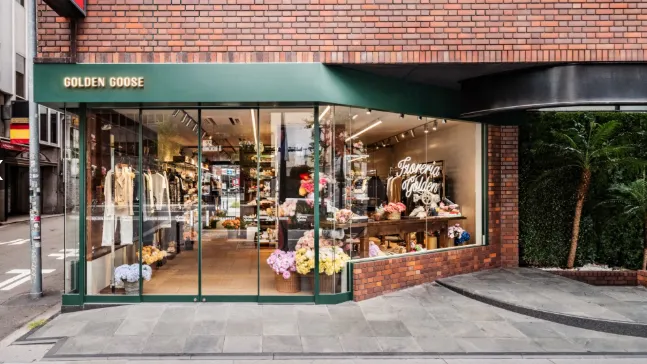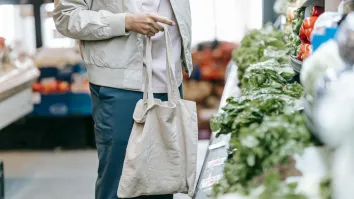
Economic concerns weigh on Shanghai's retail property recovery
Retail sales fell 12% in the first eight months of 2022.
China’s biggest city of Shanghai has enjoyed stronger confidence in its retail market, but economic concerns continue to weigh on consumers, slowing the recovery of rents and vacancy rates, according to a report from Savills.
Three new projects including MixC World, MOHO and Seasons Place are expected to launch in Q4 2022, with a combined GFA of 184,000 sqm, and are expected to include designer brands and lifestyle concepts.
“The normalisation of covid testing has reduced the possibility of prolonged citywide lockdowns, bringing more confidence to the market, however, targeted lockdowns can cause disruption and economic concerns continue to weigh on consumers which mean rents and vacancy rates will take time to recover,” Savills said.
Read more: What retailers in China could gain on Singles Day
The report noted that some brands are facing cash flow challenges and are subsequently under pressure to review and restructure their store networks.
Any voids that appear however are expected to be quickly exploited by new emerging brands and categories better suited to the evolving consumption habits of Shanghainese consumers
Shanghai’s retail sales fell 12% YoY in the first eight months of 2022, with the wholesale and retail sector down 10.7%, while the accommodation and food and beverage (F&B) sector dropped 27.5% over the same period.
The growth turned positive in July and stood at 2.5% in August. Year-to-August figures remain down 12% compared to last year, Savills said.
No new projects within the Outer Ring Road were launched onto the market in the first three quarters of 2022, with the total stock remaining unchanged at 14.7 million sqm.
But two projects, Uni-City in Qingpu District and Longfor Jinhui Paradise Walk in Fengxian District, were launched outside the Outer Ring Road in Q3 2022. Meanwhile, JC Plaza and Wujiaochang Wanda Plaza Building C finished renovation and reopened in Q3 2022.
“The lockdown impacted the F&B sector the most with the sector accounting for 44% of the vacated space in Q3/2022, followed by fashion and children-related facilities,” Savills said.
Despite challenging market conditions and rising vacancy rates, leasing activity has recovered, with new store openings almost back to levels seen during the same period last year in area terms, Savills noted.
In particular, general retail’s proportion remained high, with large leases from home furnishes and bookstores with home and lifestyle as the second most active subcategories.
“Active F&B brands typically had a smaller footprint and a lower price point, such as casual dining, fast food and snacks, which tend to be more defensive against downside risks. The service sector accounted for 20% of newly leased space, up from 5% in Q2 2022,” the report stated.
Several L&E brands, especially sports and fitness centres as well as cultural and art tenants are also testing the market conditions and tentatively restarting their expansion plans, Savills added.



















 Advertise
Advertise






